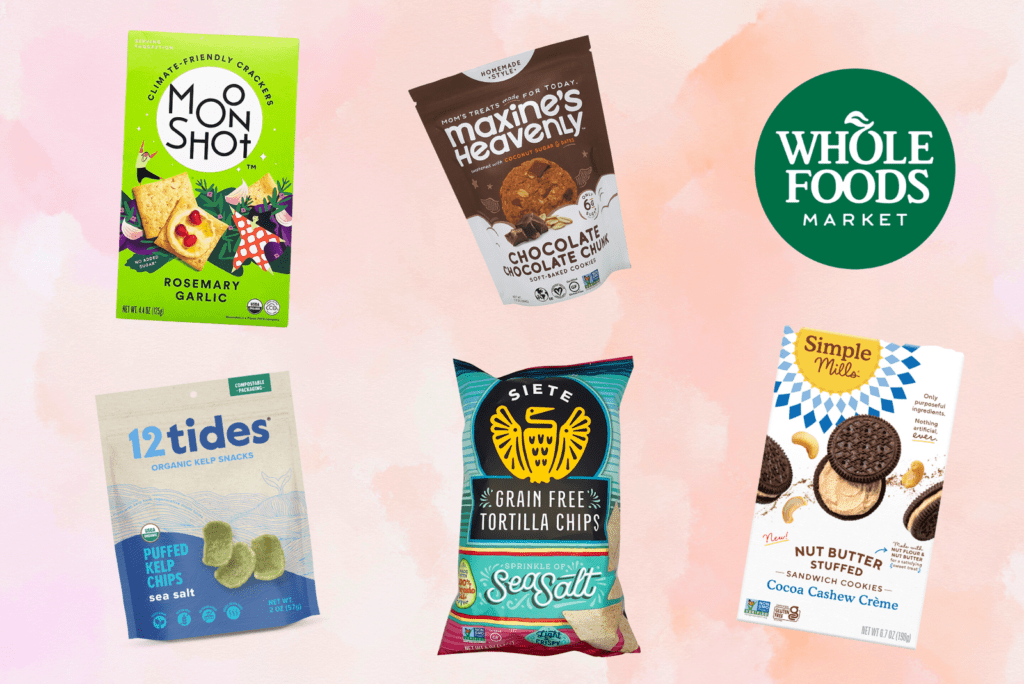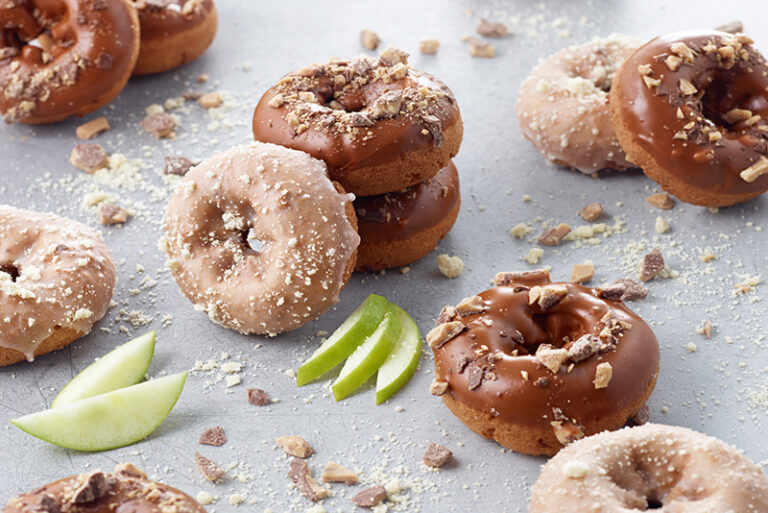AUSTIN, TX — The Whole Foods Market Trends Council — a coalition of more than 50 Whole Foods team members including local foragers, buyers and culinary experts — released its eighth-annual list of top 10 anticipated food trends for the upcoming year.









